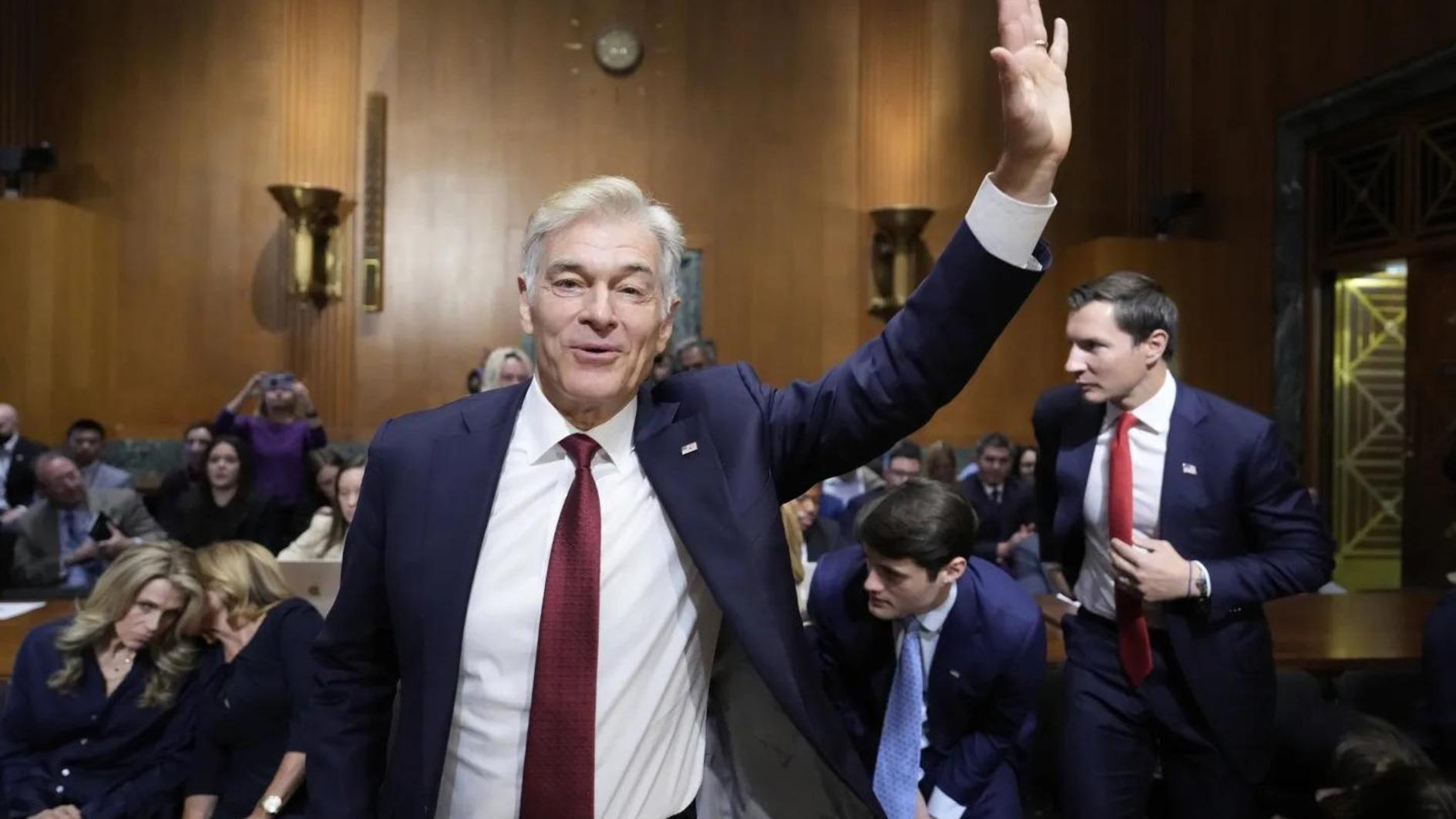We must act for youth, right now
Among many human endeavors, “trying to understand” has a special place. When we are born, we try to understand where we are and who we are. Later on, we try to understand the nature, technology, relationships, etc. We also try to understand one another and the future that awaits us. Therefore, both for people and firms, understanding the youth is very important.
The Deloitte Global survey gives us insight about the youngsters and our collective future, and it is not really very bright. Even Michele Parmelee, Deloitte Global chief people and purpose officer, says that “given the importance of millennials and members of Gen Z as both consumers and employees, the results of this year’s Deloitte Global survey should be considered a call to action for today’s business leaders to serve as agents for positive change.”
The Deloitte Global survey questioned more than 13,000 millennials across 42 countries and territories, along with approximately 3,000 Gen Z respondents in 10 countries. The results point to several trends that are likely relevant to today’s marketers and other business leaders. Among these trends:
Economic and social/political optimism are at record lows. Respondents express a strong lack of faith in traditional societal institutions, including mass media, and are pessimistic about social progress.
Millennials and Gen Z are disillusioned. Many are not particularly satisfied with their lives, financial situations, jobs, government and business leaders, social media or the way their data is used.
Millennials value experiences. They aspire to travel and help their communities more than to start families or their own businesses.
Millennials are skeptical of businesses’ motives. Respondents do not think highly of leaders’ impact on society, their commitment to improving the world or their trustworthiness.
They let their wallets do the talking (and walking). Millennials and Gen Z, in general, will patronize and support companies that align with their values. Many say they will not hesitate to lessen or end a relationship when they disagree with a company’s business practices, values or political leanings.
This global survey is very fitting to Turkey, as well. Furthermore, Turkish youth is facing an education crisis. There are more university graduates than employment possibilities, and the education that many of these graduates receive is far worse than what it should be. The same goes for high school students. Not only is Turkey among the worst performers in Pisa scores, our students can, on average, only answer 2.8 questions correctly in science questions out of 20, 5.5 correct answers to 40 mathematics questions.
There is a lot to be done, but I am not sure that our government and the opposition parties are aware of this saddening phenomenon.











